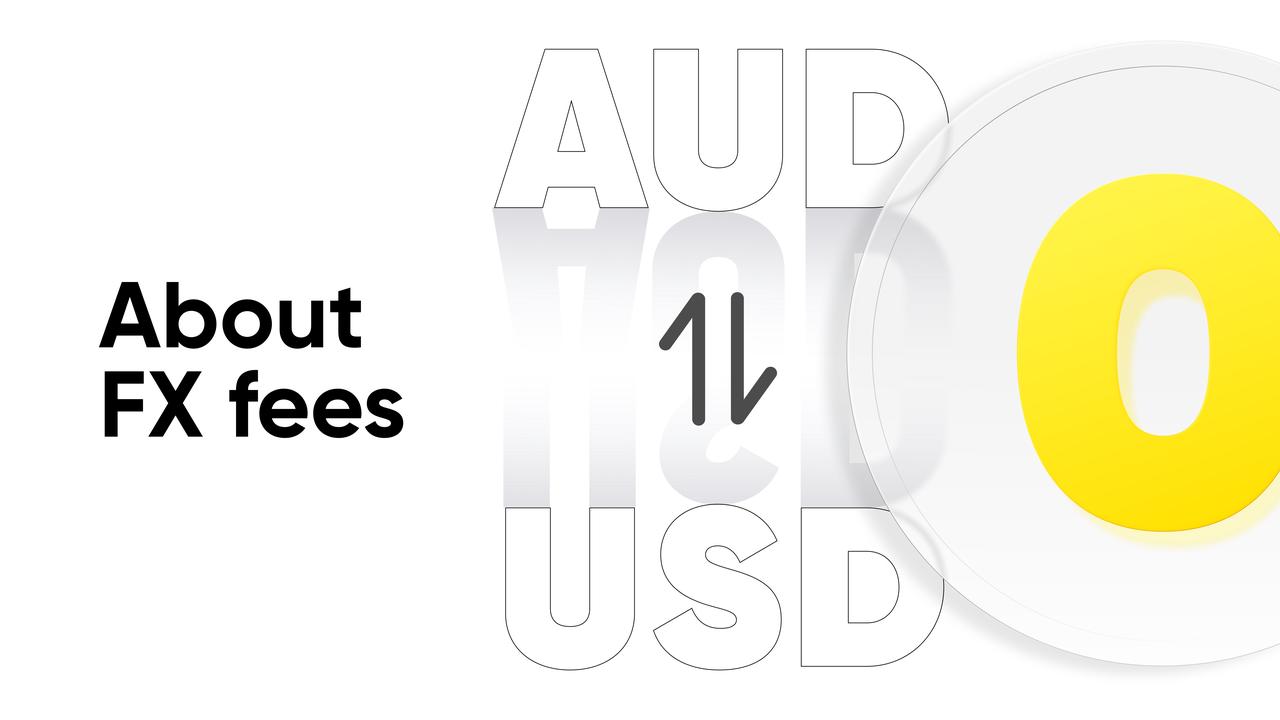Exchange rates. We all know what they are, and in most cases, we’ve all been stung by them. Like that time you decided to go on a holiday and kept holding out for a better exchange rate and then suddenly the exchange rate dropped, and your holiday spending money went from $1500 to $1200 in the blink of an eye. I bet you’re kicking yourself because you didn’t exchange it sooner!
To put it in simple terms, an exchange rate is the value of one currency, in comparison to another currency for the purpose of exchange. As the RBA points out “Movements in the exchange rate influence the decisions of individuals, businesses and the government. Collectively, this affects economic activity, inflation and the balance of payments.”
Well, in the big wide world of investing it can affect investors in many ways when it comes to buying, selling and the stock price. Understanding these fluctuations can allow you to make better judgments on what to do with your money and when it’s the right time to exchange, trade, invest and so on.
3 factors that affect a country’s exchange rate
-
Inflation: Where there is a low rate of inflation, usually you will see a country’s currency at a good or higher rate (relative to another country’s currency). Low inflation (and not deflation) is a sign of good economic management, which tends to attract foreign investment.
-
Interest Rates: are highly correlated to exchange rates and inflation. Changing interest rates affect inflation and currency values. Higher rates are good for lenders, and fixed interest investors, and also attract foreign investment which in turn will increase the exchange rate.
-
Current Account Deficit: this is the difference between a country’s buying and selling (or trading) of goods and services. If a country has a deficit, they are spending more than they receive and therefore borrowing funds to make up the shortfall. This has the effect of lowering their currency value.
Exchanging foreign currency, in either direction (buying or selling) obviously comes with some risk (or reward) because the value of the money you begin with will either increase or decrease. This will change slightly from day to day, or it can be significant, over the longer term.
Given the above factors and other forces that drive these impactors, it is not easy to know which way a currency will move. Yet when you are aware of them, you can decide on which direction is more likely.
So, this obviously comes into play when investing in international markets – i.e.: any gain or loss from share price movements also needs to have consideration of the currency exchange rate, at any given point in time.
When it comes to investing, Tiger Trade puts you in control of your exchange rate needs, allowing you to trade AUD, USD and HKD whenever you want to. Whether you want that to be at the time of your share trading orders or anytime beforehand.
Our fee per transaction on AUD ⇆ USD is relatively low at just 37 basis points and is already included in the exchange rate quoted to you. We do this to provide as little impact as possible on your foreign exchange value.

